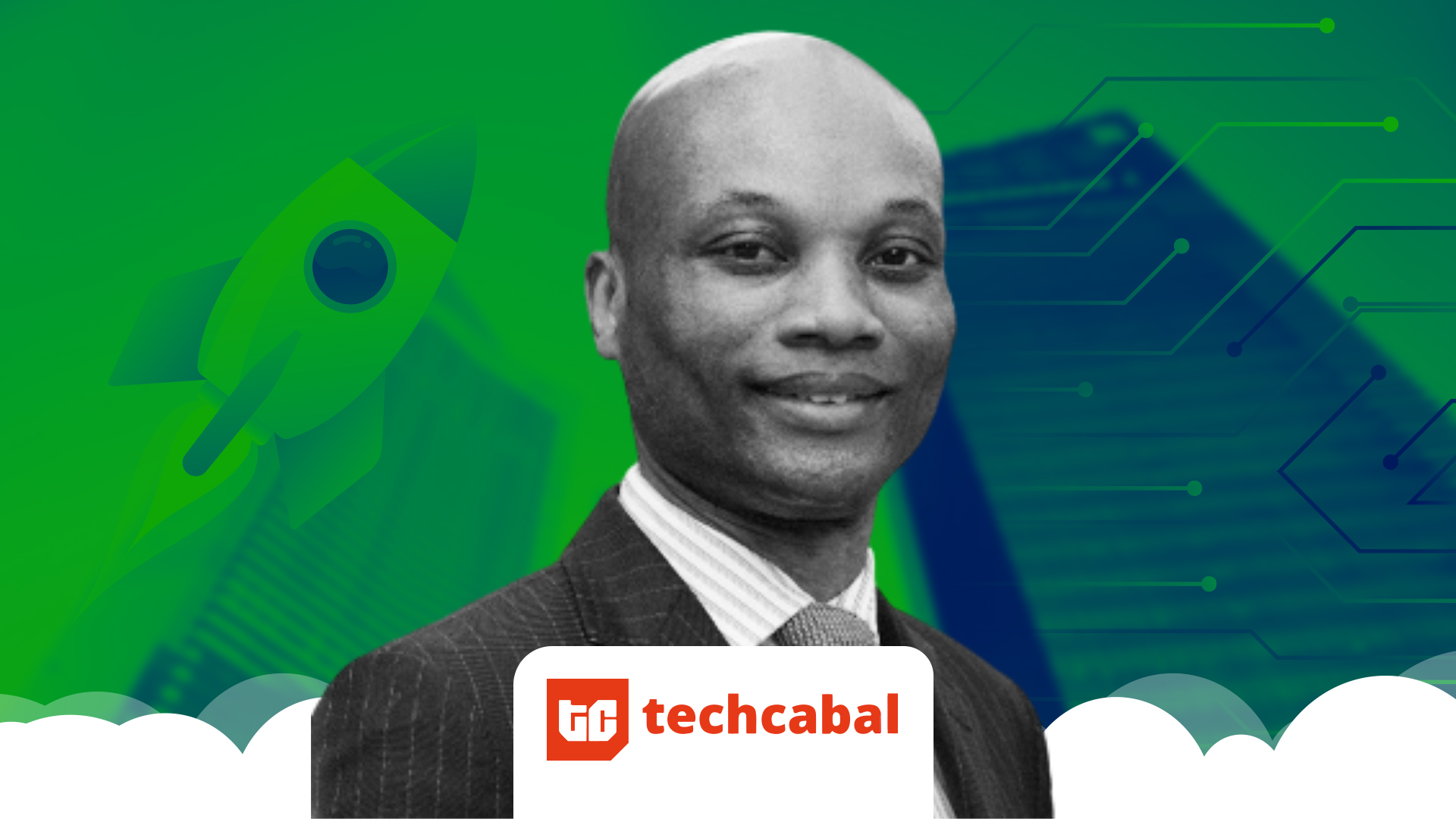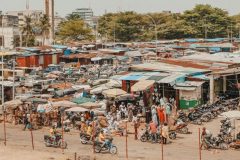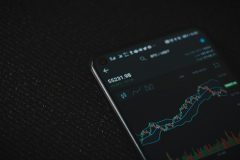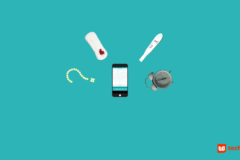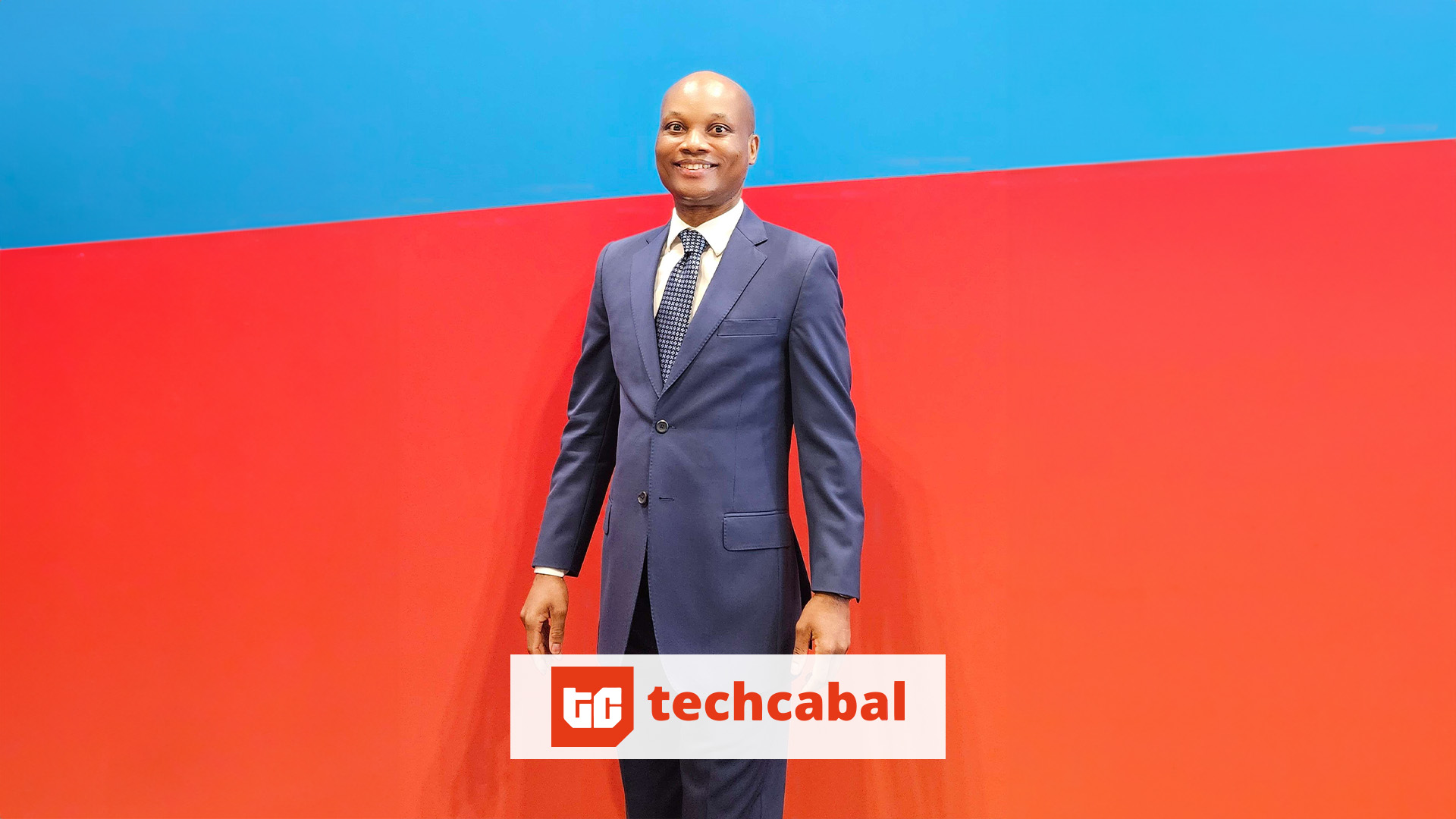This article was contributed to TechCabal by Noel K. Tshiani. Noel is the founder of Congo Business Network, which works to develop the startup ecosystem in the Democratic Republic of Congo by bringing together government officials and startups to collaborate on a series of development initiatives in Kinshasa, Paris, and in the United States.
I travelled to Kinshasa from February 12 to 26, 2023 to meet decision-makers in the government and to advise startup founders on topics ranging from fundraising, participating in major business events overseas, business registration in the United States, to digital marketing for entrepreneurs seeking to succeed in the Democratic Republic of Congo and abroad.
I was puzzled to realise that the majority of entrepreneurs I met mentioned fundraising as the most difficult challenge they face. When applying for a loan, banks ask for collaterals that the average entrepreneur does not have. As a result, the national government needs to step in with guarantee funds if early-stage startups will have a chance to secure financing from traditional banks in the country.
Without a surprise, access to broadband internet is a major need for the startup ecosystem to develop. Beyond speed, affordability should be taken into account because many entrepreneurs complain about the cost of internet service from telecommunications companies. If high-speed internet is a luxury, entrepreneurs will have difficulty paying for a subscription and spending as much time as possible browsing news websites, attending webinars, participating in online training, and watching tutorials on YouTube.
That’s why the national government has the responsibility to work with telecommunications companies to improve the speed and reliability of the internet in Kinshasa and in other cities, including Lubumbashi, Goma, and Matadi.
Access to broadband internet is a competitive advantage for startups and for the private sector too. Fintech, medtech, edtech, and logistics startups are having difficulties finding and serving consumers in the market as the speed and cost of internet continue to be a major nuisance to business growth.
In addition, LinkedIn has 900 million registered users and 61 million companies around the world based on the most recent data from its Economic Graph. For startup founders who have a premium LinkedIn account, they can access many video courses on finance, investments, branding, marketing, and business management. Access to this valuable information will not be possible if founders cannot afford a broadband connection or if internet speed is too slow, making it difficult to watch a video online.
When countries in Europe and the United States are making progress on building 5G networks to power their economies, African countries cannot remain at the 3G or 4G speeds at unaffordable prices. YouTube is the second most visited website in the world. Each day, videos are uploaded to this platform with information that can equip startup founders with insights on entrepreneurship and the business world. Entrepreneurs who live in countries where the cost and speed of the internet is not a daily struggle will have advantage in developing and growing their ventures.
Massive investments will be required going forward in African countries to ensure that broadband Internet is not just a dream but a reality, especially in places like Kinshasa, the second most populous city in Africa after Cairo. It is time for governments and telecommunications companies to prioritise building broadband networks, at the least in the capitals.









